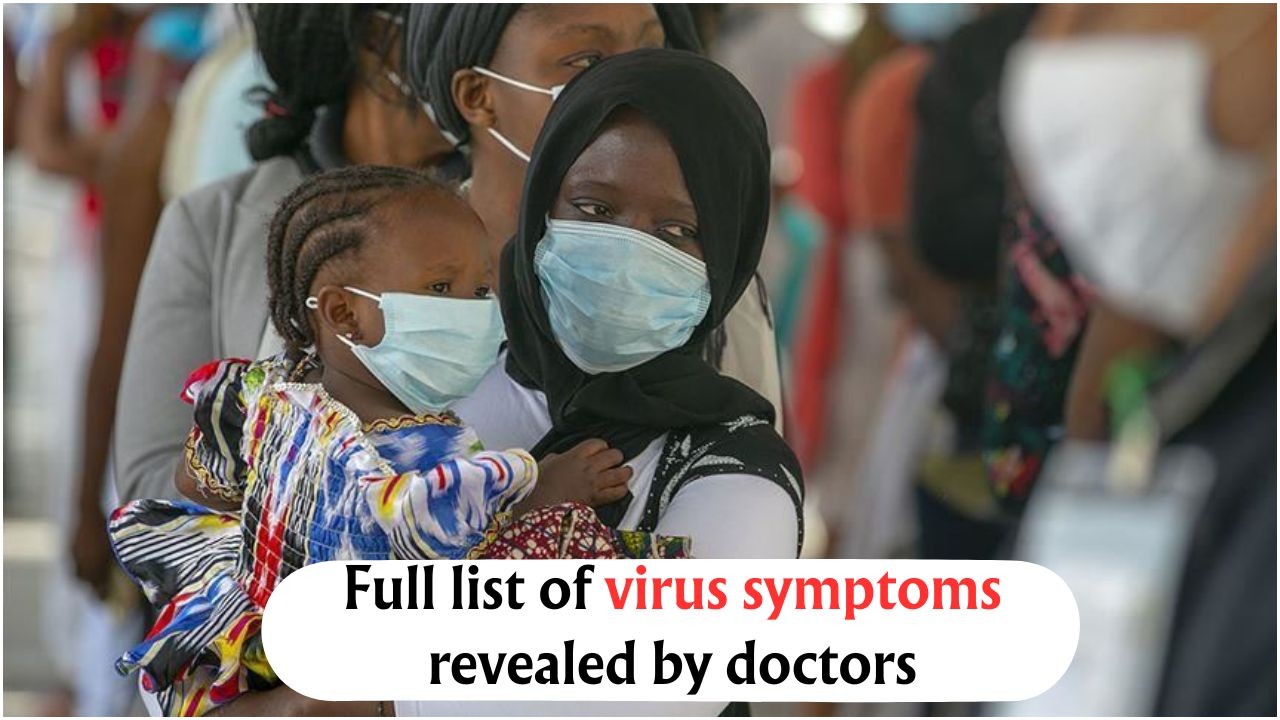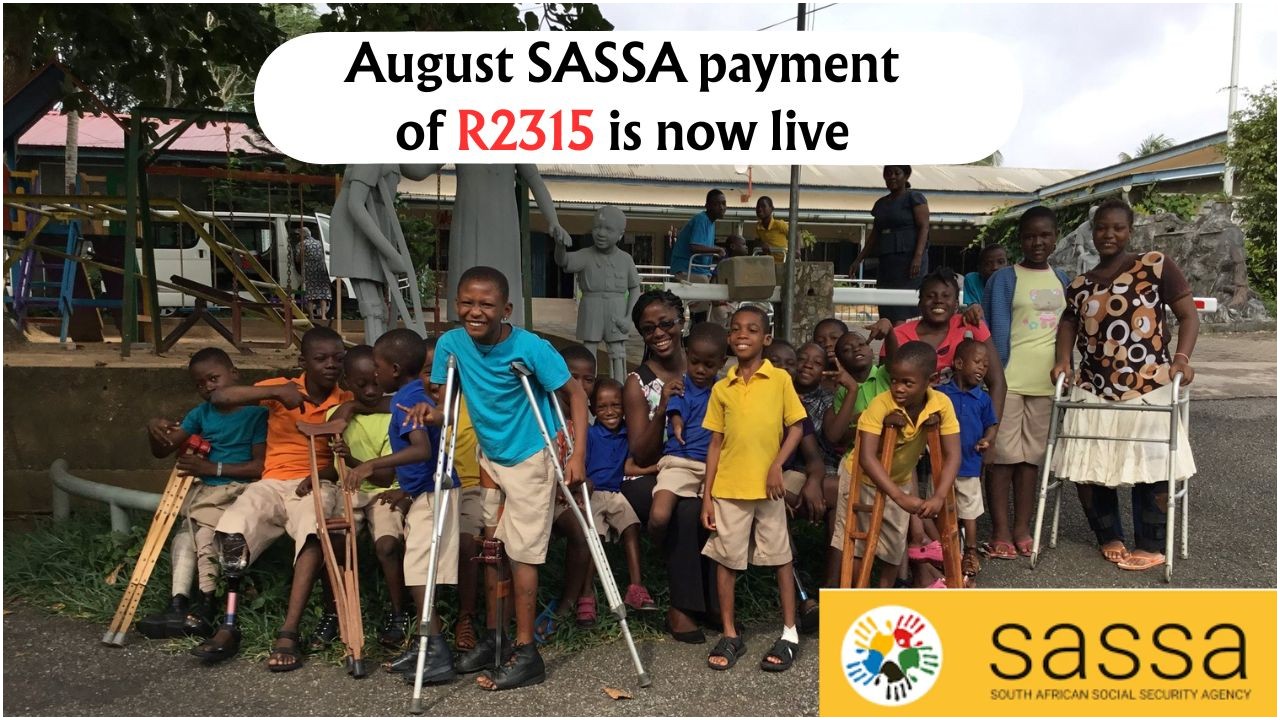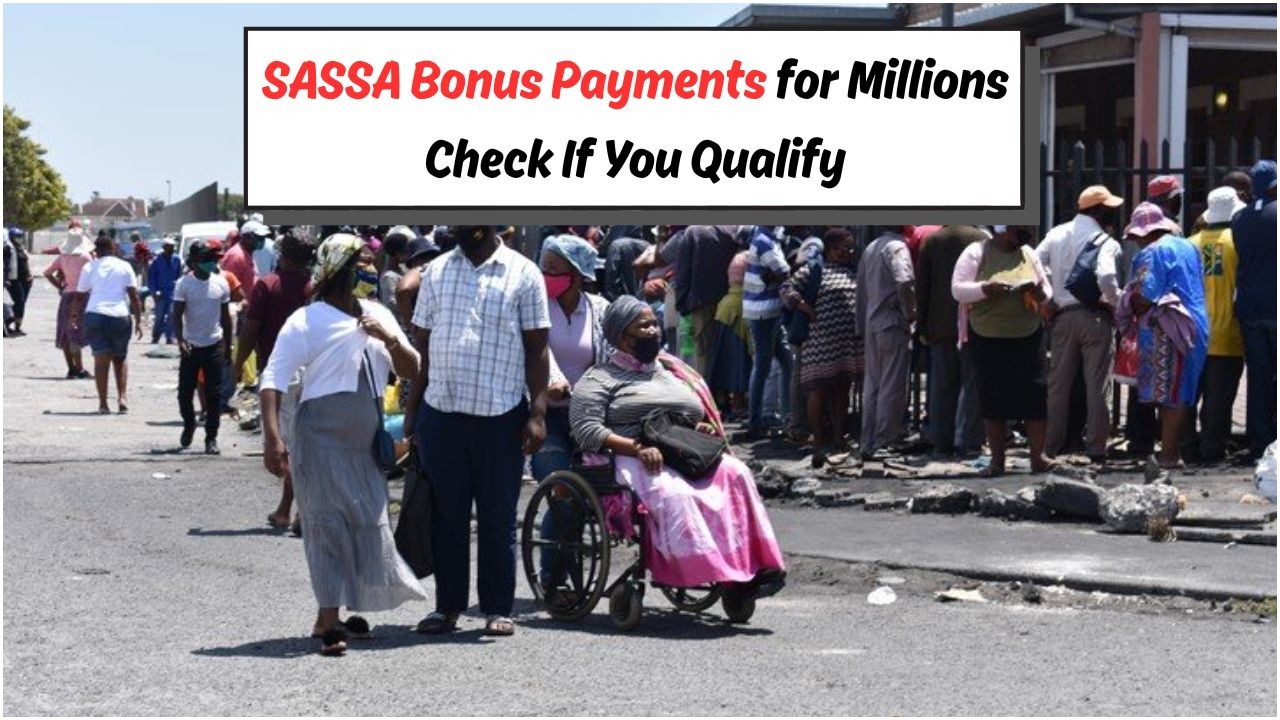Stay Safe This Winter: Recognize South Africa’s Virus Outbreak Symptoms Today: As the winter season sets in across South Africa, it’s crucial to stay vigilant against various viral outbreaks that tend to surge during this time. The colder months provide a fertile ground for viruses to spread, making it essential for every South African to be aware of common symptoms and take preventive measures. Public health experts emphasize the importance of recognizing early signs to prevent widespread transmission and to ensure timely medical intervention. With a focus on communal safety and individual health, understanding these symptoms can be the first step in safeguarding yourself and your family.
Understanding Common Virus Symptoms in South Africa
Identifying symptoms early can make a significant difference in controlling the spread of viruses during the South African winter. The most prevalent symptoms to watch out for include:
- Fever and chills
- Persistent cough
- Shortness of breath
- Fatigue and body aches
These symptoms are commonly associated with respiratory illnesses, which tend to be more prevalent in colder weather. It’s important to differentiate between these symptoms and those of more severe conditions like COVID-19, which may include loss of taste or smell. If you experience any of these symptoms, it is advisable to seek medical advice promptly. Early detection and management can not only reduce the severity of the illness but also prevent its spread to others. Moreover, maintaining good hygiene practices such as regular handwashing, wearing masks, and social distancing can further mitigate the risk of contracting viruses.
Preventive Measures Against Virus Outbreaks
Prevention is always better than cure, and South Africans can take several proactive steps to protect themselves during the winter months. Here are some effective measures:
- Frequent handwashing with soap and water
- Using hand sanitizers when soap is unavailable
- Wearing masks in crowded or enclosed spaces
- Regularly disinfecting surfaces and frequently touched objects
- Ensuring good ventilation in indoor environments
- Avoiding close contact with sick individuals
- Staying up to date with vaccinations
- Boosting immunity with a balanced diet and regular exercise
These preventive strategies are not only essential in protecting oneself but also in safeguarding the community at large. Public health campaigns often stress these practices as fundamental in reducing infection rates during virus outbreaks. By adopting these habits, individuals contribute to a healthier society, minimizing the burden on healthcare systems.
South African Healthcare System’s Role in Virus Control
The healthcare system in South Africa plays a pivotal role in managing and controlling virus outbreaks. With a network of public and private healthcare facilities, the country is equipped to handle various health challenges. Here is a comparison of some key features of the South African healthcare system:
| Aspect | Public Sector | Private Sector | Common Challenges |
|---|---|---|---|
| Accessibility | Wide reach | Limited to those with insurance | Overcrowding |
| Quality of Care | Basic services | Advanced services | Resource allocation |
| Cost | Affordable | Expensive | Disparities in care |
| Response Rate | Variable | Consistent | Staff shortages |
Despite challenges, both sectors work collaboratively to address outbreaks, with public health initiatives often leading the charge in education and vaccination drives. The government’s efforts in rolling out vaccination programs and public information campaigns are critical in curbing the spread of viruses.
Recognizing Severe Virus Symptoms
While many viral symptoms are mild and manageable, recognizing severe symptoms that require immediate medical attention is crucial. These include:
- Difficulty breathing
- Chest pain or pressure
- Confusion or inability to stay awake
- Persistent high fever
- Severe dehydration
- Loss of consciousness
- Severe headache
If you or someone you know experiences these symptoms, it is vital to seek emergency medical care. South African hospitals and clinics provide essential services to manage such cases, ensuring that patients receive the necessary treatment. Awareness of these severe symptoms can prevent complications and improve recovery outcomes.
| Symptom | Action Required | Facilities Available | Additional Resources |
|---|---|---|---|
| Difficulty Breathing | Emergency Room | Hospitals | Ambulance Services |
| Chest Pain | Immediate Medical Attention | Clinics | Telehealth Services |
| Confusion | Urgent Care | Healthcare Centers | Hotlines |
| High Fever | Doctor Consultation | Primary Care | Pharmacies |
Staying Informed Through Reliable Sources
In the digital age, information is abundant, but it’s vital to rely on verified sources for health-related updates. Some trustworthy sources include:
- The National Institute for Communicable Diseases (NICD)
- The Department of Health
- World Health Organization (WHO)
- South African Broadcasting Corporation (SABC)
- Local health departments
These organizations provide timely updates on viral outbreaks, preventive measures, and health advisories, ensuring the public remains well-informed and prepared.
FAQ Section
Here are some frequently asked questions about recognizing virus outbreak symptoms in South Africa:
- What are the first symptoms of a viral infection? Many viral infections start with symptoms like fever, cough, and body aches.
- When should I see a doctor for viral symptoms? If symptoms worsen or include difficulty in breathing, seek medical attention immediately.
- How can I protect myself from viruses during winter? Practice good hygiene, keep up with vaccinations, and maintain a healthy lifestyle.
- Are there any specific vaccines available in South Africa for common viruses? Yes, vaccines are available for influenza and other common viruses. Consult with healthcare providers for guidance.
- Where can I find credible information on virus outbreaks? Trusted sources include the NICD, Department of Health, and WHO.










